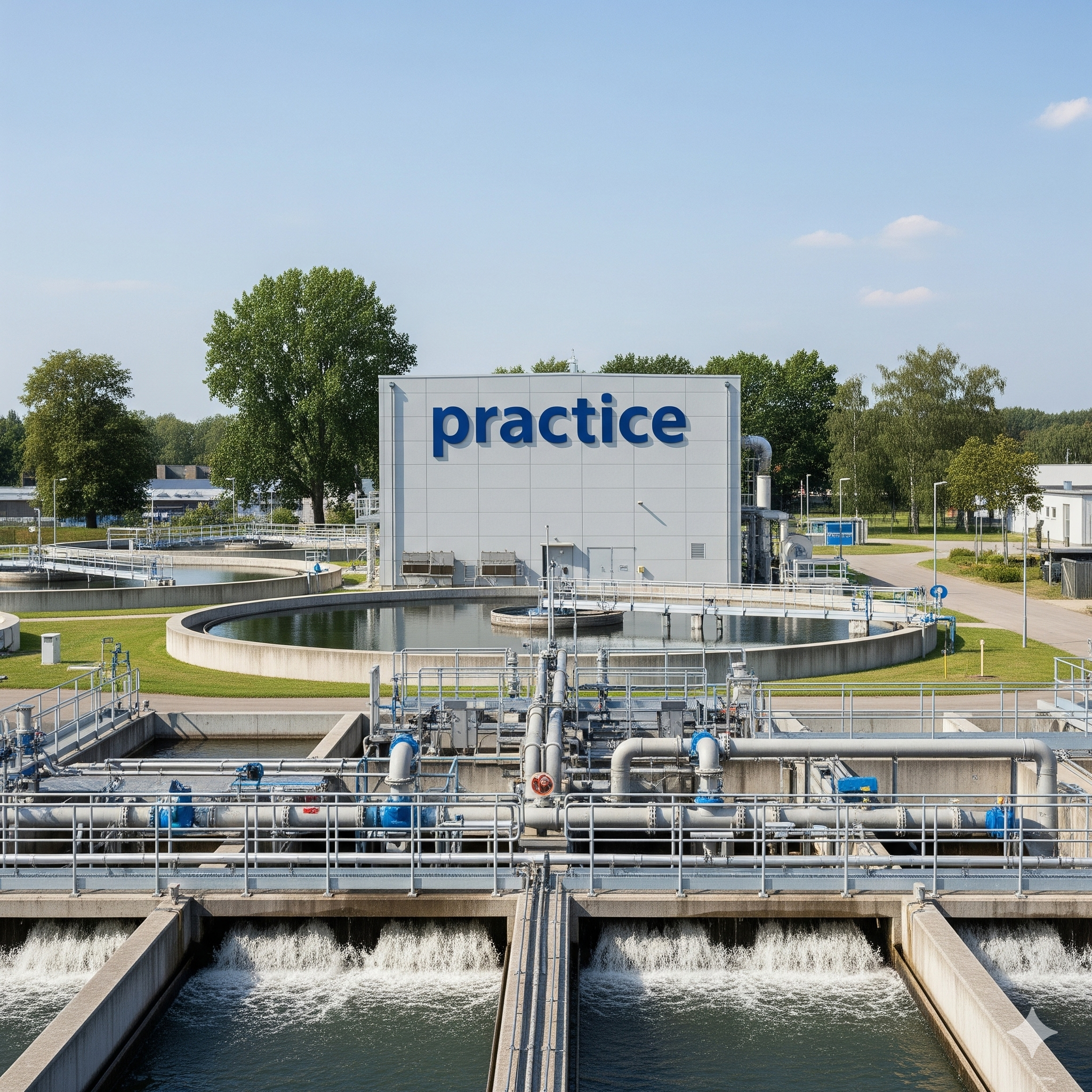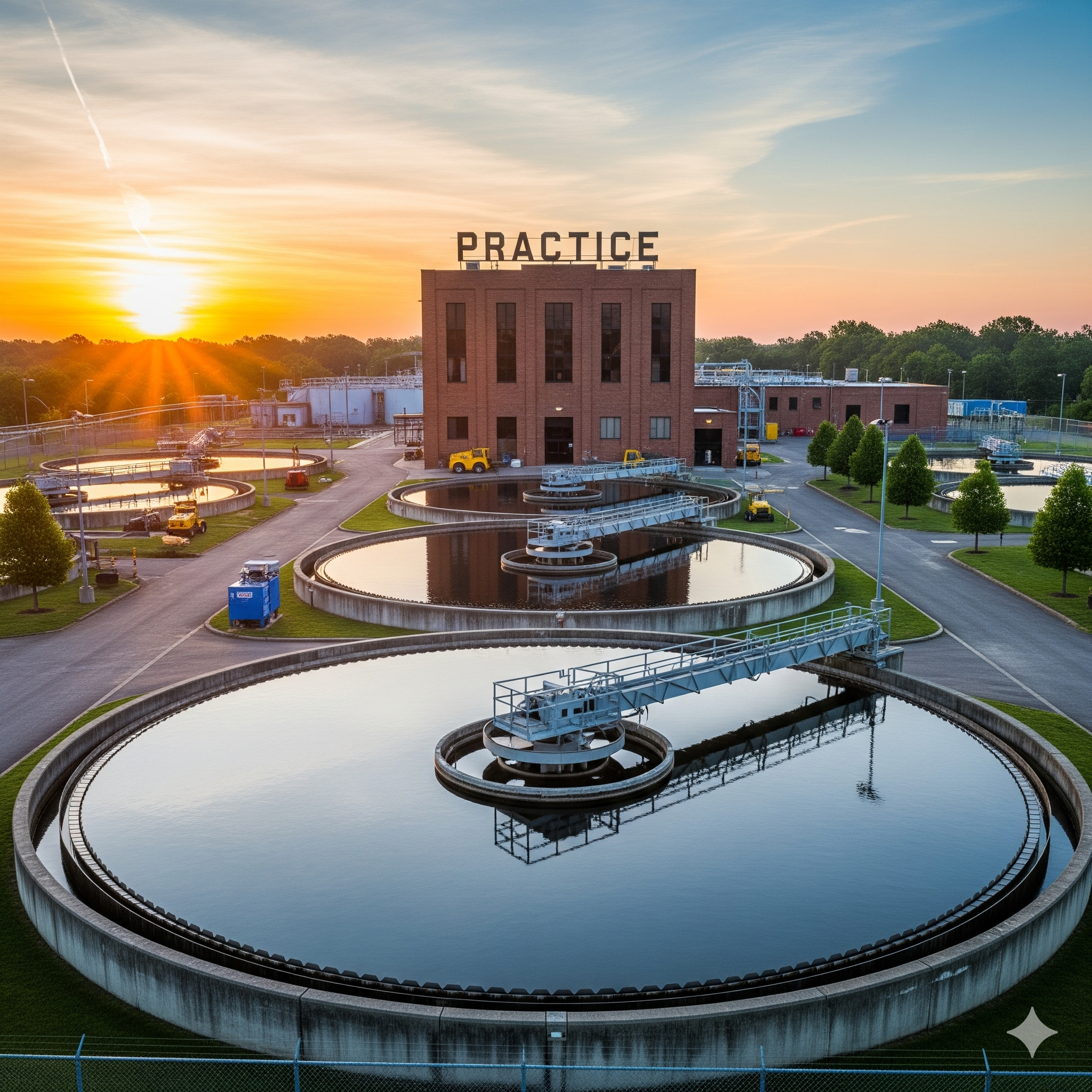Please be aware that while a purchase of practice tests is available on this site, it is not required to receive assistance. The revenue from these downloads helps to cover the costs of maintaining this website.
If you have any questions or problems you need help with—whether it's about the practice tests or any other topic in the field—please feel free to submit them to the provided email address, and I will get back to you as soon as I can. I am here to help you navigate this field.
Tackling The Test
Whats Passing?
Wastewater Grade 1:45 True/False Questions @ 1 point each 25 Multiple Choice Questions @ 2 points each 10 Math Problems @ 4 points each TOTAL POINTS 135 Passing Score: To pass, you must achieve: (a) a minimum total score of 94.5 points (70 percent), AND (b) a score of at least 20 points (50 percent) on the ten Math Questions.
Wastewater Grade 2 :50 True/False Questions @ 1 point each 30 Multiple Choice Questions @ 2 points each 10 Math Problems @ 4 points each TOTAL POINTS 150 Passing Score: To pass, you must achieve: (a) a minimum total score of 105 points (70 percent), AND a score of at least 20 points (50 percent) on the ten Math Questions.The Math
The Math
When studying for the exam, you have a few different methods for solving the math problems, each with its own pros and cons.
Algebra: While this is a foundational method, some people, including myself, find it to be the most challenging. It requires a strong understanding of algebraic principles and the ability to set up and solve equations.
Formulas: Using a set of pre-defined formulas can be very effective. This method works well if you practice it consistently and are able to memorize the necessary formulas for various calculations. The key is rote memorization and application.
Railroad/Train Track Method: This is often considered the most reliable or "bulletproof" method for solving problems. It's a dimensional analysis technique that uses conversion factors arranged in a grid (like a railroad track). While it requires learning some key constants and a disciplined approach, it minimizes the need to remember multiple, complex formulas and can prevent common errors.
Ultimately, the best method is the one you practice and feel most comfortable with. However, the railroad/train track method is highly recommended by many for its consistency and accuracy once mastered.The linked video is what I used to pass the Math portion of the 3 tests I have taken


